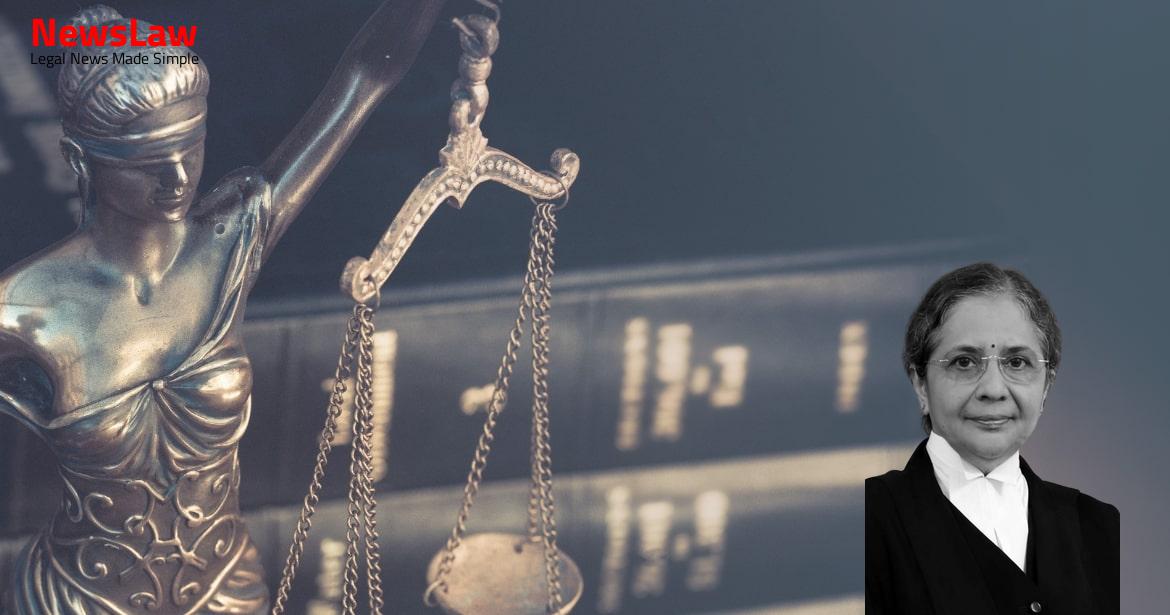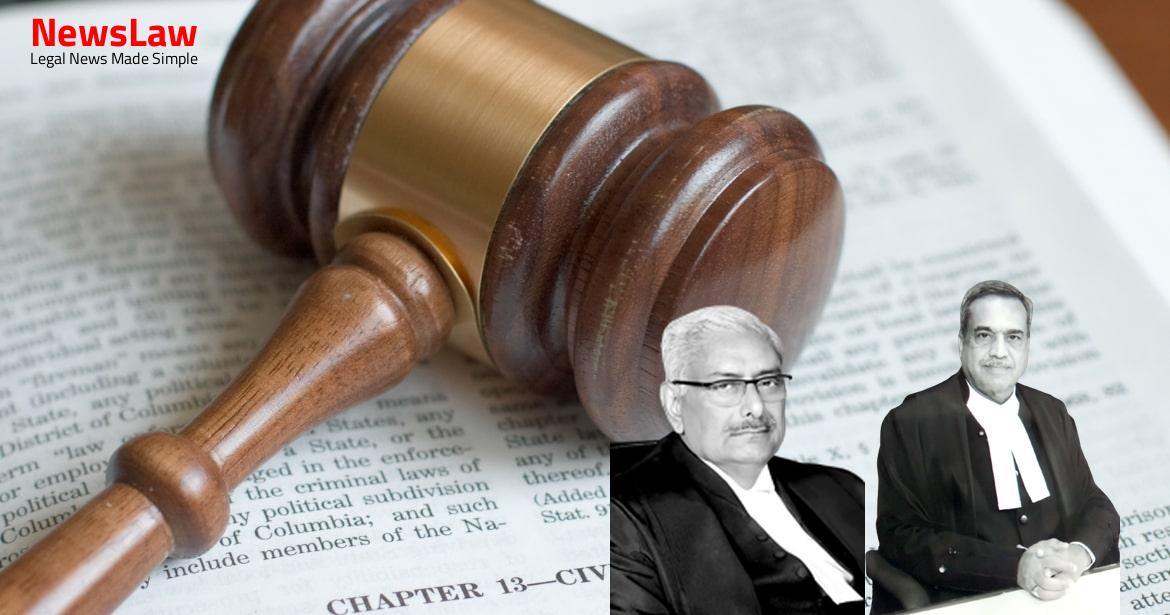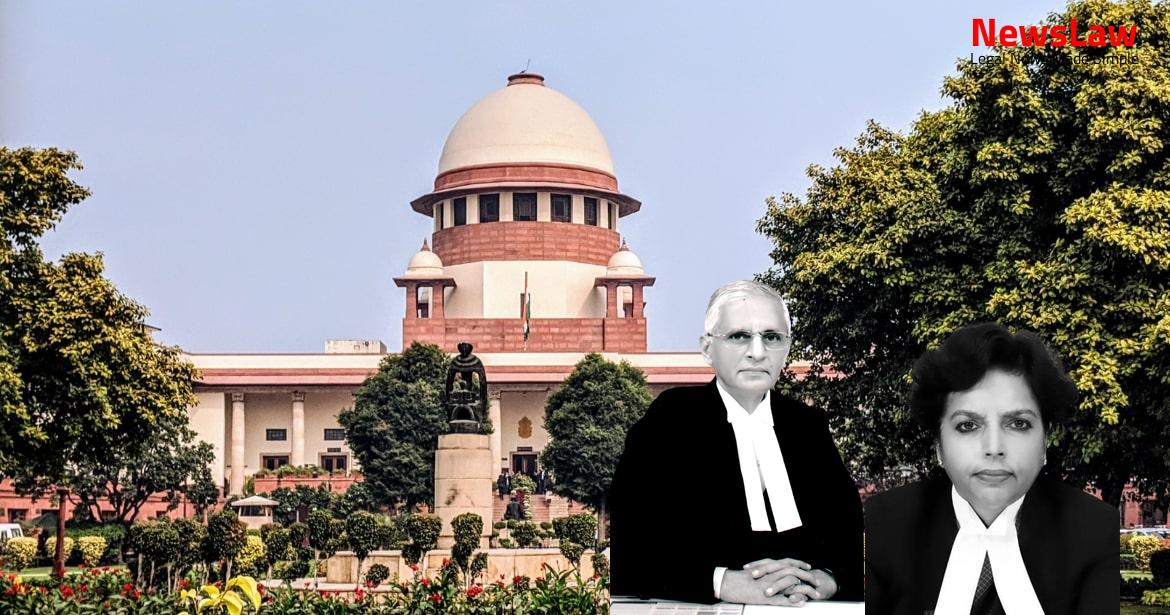In a recent case involving SEBI penalties, the court delves into the concept of proportionality, evaluating the severity of sanctions imposed. The court’s legal analysis scrutinizes the impact of the penalties on the appellant, weighing it against the market implications of their actions. Stay tuned for a detailed breakdown of the ruling and its implications on regulatory enforcement in the financial sector.
Facts
- The WTM found the appellant engaged in manipulative trades affecting the share price of Gujarat NRE Coke Limited.
- The WTM order from 28 February 2020 restrained the appellant from dealing in securities in its proprietary account for four years.
- An adjudicating officer imposed a penalty of Rs. 15 lakhs on 17 March 2020 for violations of SEBI Act and regulations.
- The appellant was directed to deposit Rs. 2 crores with SEBI during the proceedings before the Securities Appellate Tribunal.
Also Read: Balancing Power and Transparency: Electoral Bonds Struck Down, Disclosure Mandated
Arguments
- The counsel for SEBI, Mr. Pratap Venugopal, argued that the ban imposed by the WTM is not based on the extent of gain made by the appellant.
Also Read: Recall of Resolution Plan Approval: Legal Analysis
Analysis
- The court is urged not to interfere with a penalty as long as it is not disproportionate or arbitrary, as per court precedents.
- The appellant has 450 employees.
- A stay was in operation from 28 February 2020, and the direction to deposit rupees two crores during the pendency of appeal before the SAT was complied with.
- The adjudicating officer imposed a penalty of rupees fifteen lakhs, while the WTM barred the appellant from trading in its proprietary account for four years, seen as disproportionate.
- Appellant executed trades on fifty days between September 15, 2011 and January 9, 2015.
- Net gain involved is Rs 3.45 per share.
- Total profit generated over fifty days is Rs 2.61 lakhs, representing 0.04% of total market value on trading days.
- Appellant argues that a four-year trading bar is disproportionate and harsh due to the minimal impact on market value and the serious effect on employees.
- WTM has prohibited the appellant from participating in its proprietary account for a specified period.
- Appellant is allowed to continue operation in their broking account.
- The order passed by the WTM is not disproportionate.
- There is no need for interference by this Court in the exercise of its jurisdiction under Section 15Z of the SEBI Act.
Decision
- Pending application, if any, stands disposed of.
- The appeals shall stand dismissed.
Case Title: MBL AND COMPANY LIMITED Vs. SECURITIES AND EXCHANGE BOARD OF INDIA (2022 INSC 628)
Case Number: C.A. No.-004262-004263 / 2022



